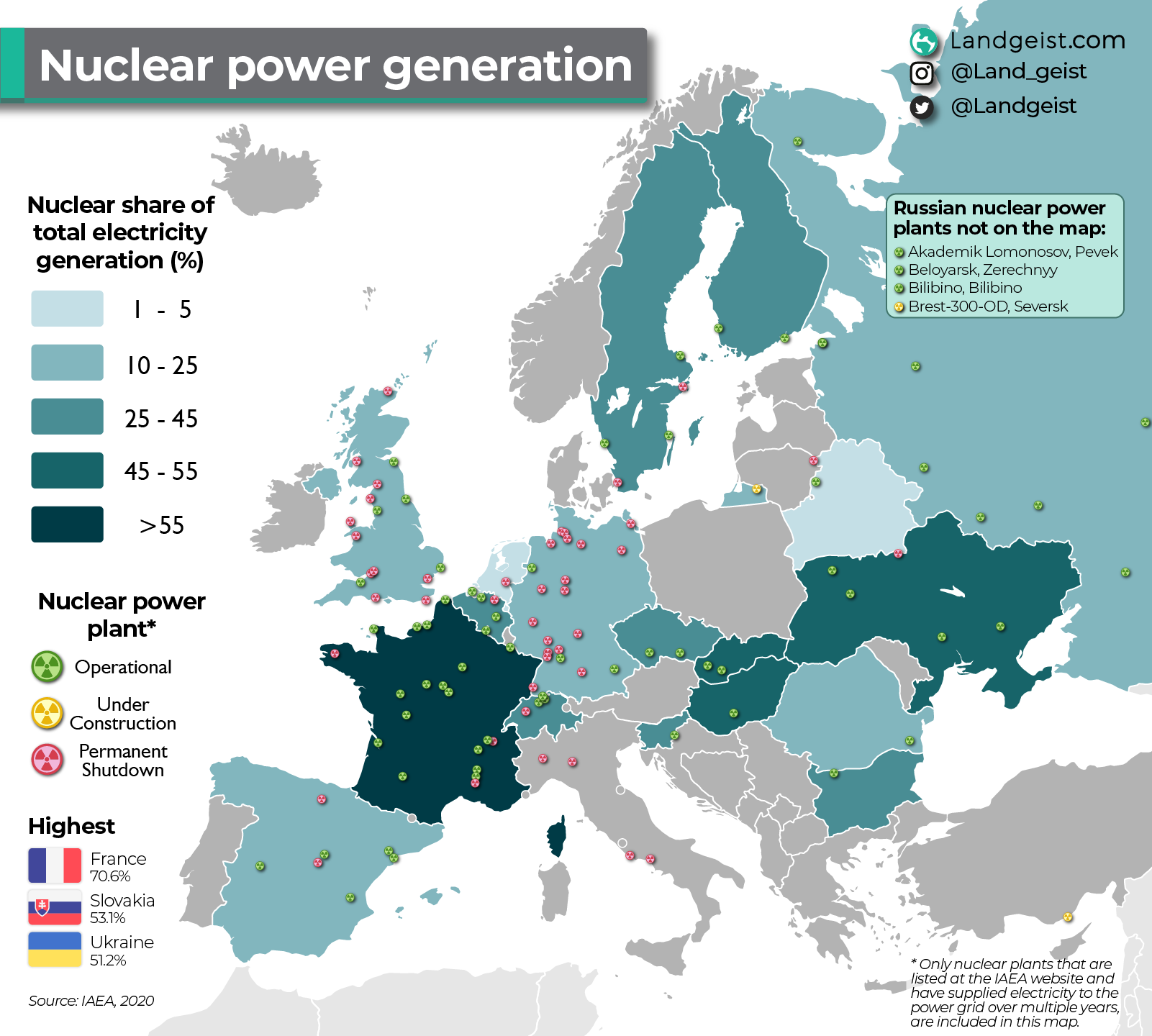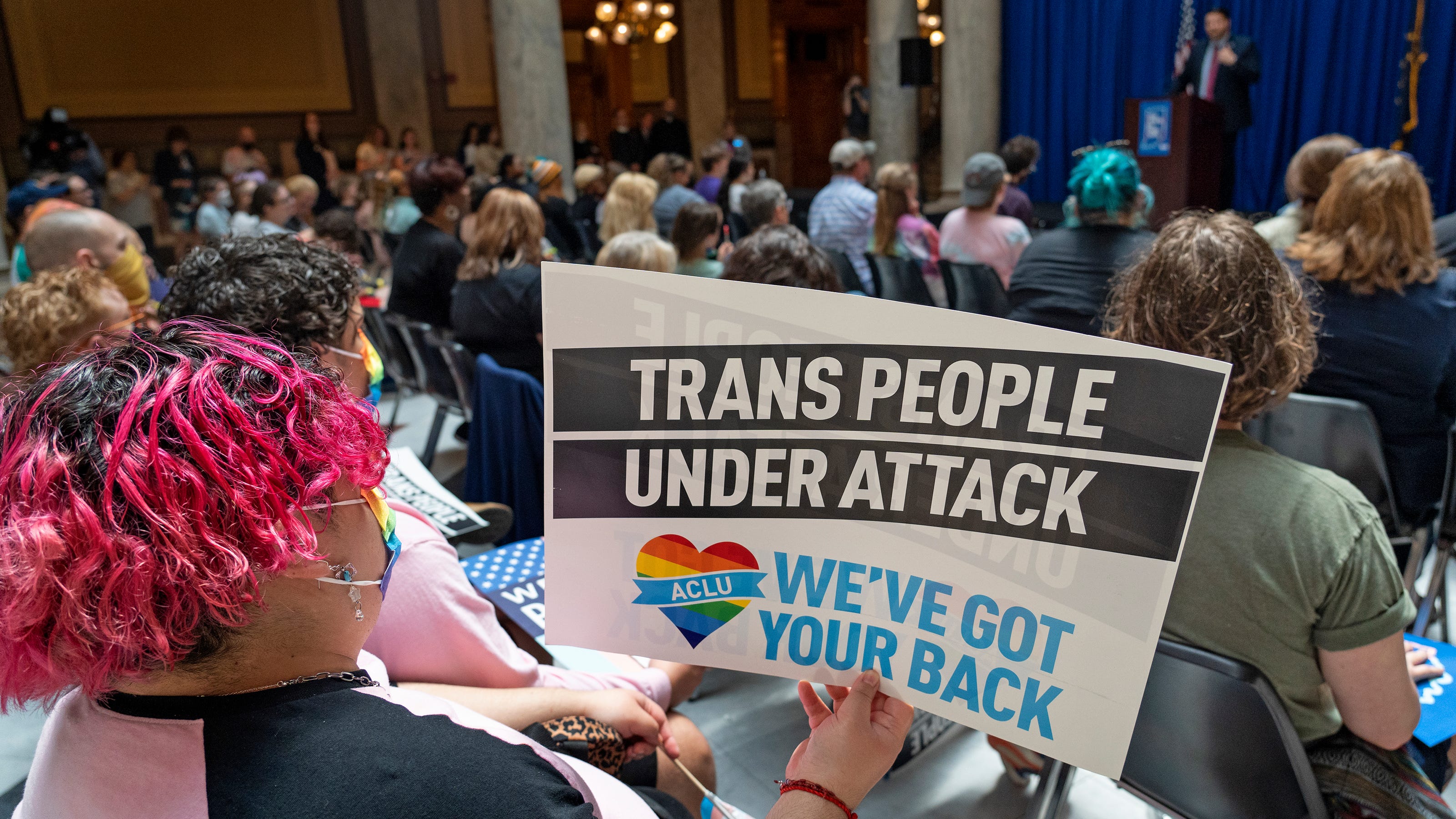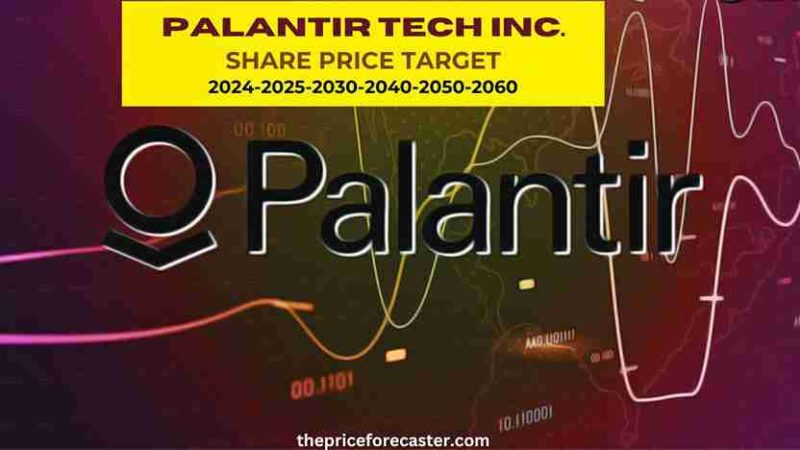European Nuclear Energy Collaboration: France's Initiative

Table of Contents
France's Nuclear Power Expertise and Capacity
France possesses unparalleled expertise in nuclear power generation. Its nuclear fleet is one of the largest and most efficient globally, providing approximately 70% of the country's electricity. This extensive experience, coupled with advanced reactor technology and rigorous safety regulations, positions France as a key player in promoting nuclear energy cooperation in Europe.
- Advanced Reactor Technology: France has been at the forefront of developing and deploying advanced reactor designs, including EPR (European Pressurized Reactor) technology.
- Robust Safety Regulations: Stringent safety protocols and oversight ensure high operational standards within the French nuclear industry.
- EDF and Framatome: Companies like Électricité de France (EDF) and Framatome are global leaders in nuclear power plant construction, operation, and technology, making them critical partners in any EU-wide collaboration.
- Electricity Generation: France's nuclear power plants generate a significant portion of its electricity, contributing substantially to its energy independence and grid stability. This expertise is invaluable to other European nations seeking to expand their nuclear capabilities.
The Rationale Behind France's Collaborative Initiative
France's push for enhanced EU nuclear energy partnership is driven by several interconnected factors:
- Geopolitical Stability: Reducing reliance on Russian gas, a major source of energy for many European countries, is a paramount concern. Nuclear energy offers a domestically controlled and stable alternative.
- Economic Benefits: Joint projects and shared infrastructure can lead to significant cost savings and economies of scale, making nuclear power more economically viable for countries with limited experience.
- Energy Independence: The EU has set ambitious goals for energy independence, and France's initiative directly aligns with these objectives, promoting a more resilient and self-sufficient energy system across the bloc.
- Technological Leadership: Collaboration could strengthen Europe's position as a global leader in nuclear technology and innovation.
Key Aspects of France's Proposed Collaboration
France's proposal for enhanced European Nuclear Energy Collaboration encompasses several key aspects:
- Joint Research and Development: Pooling resources for research into advanced reactor technologies, including small modular reactors (SMRs), could accelerate innovation and reduce costs.
- Shared Infrastructure: Collaboration on the development and management of nuclear waste disposal facilities and other critical infrastructure could optimize resource utilization.
- Standardized Safety Regulations: Harmonizing safety regulations across the EU would streamline the licensing and approval processes for new nuclear power plants.
- Potential Partnerships: France is actively seeking partnerships with countries like Poland, Romania, and the Czech Republic, all of which have shown interest in expanding their nuclear energy capacity. Existing bilateral agreements already lay the groundwork for this expanded collaboration.
Challenges and Obstacles to Collaboration
Despite the potential benefits, several challenges hinder the realization of this ambitious initiative:
- Differing National Regulations: Varying regulatory frameworks across EU member states can create complexities in implementing joint projects.
- Public Opinion: Public perception of nuclear safety remains a significant factor, with concerns about waste disposal and potential accidents influencing political decisions.
- High Capital Costs: The substantial upfront investment required for nuclear power plant construction can be a deterrent for some countries.
- Political Hurdles: Securing agreement and commitment from all EU member states, especially those with differing energy policies, will require significant diplomatic effort.
The Future of European Nuclear Energy Collaboration
Successful nuclear energy cooperation in Europe could dramatically reshape the continent's energy landscape. Increased energy security, reduced reliance on fossil fuels, and enhanced technological leadership are all potential outcomes. However, the initiative's success hinges on overcoming the political and regulatory hurdles discussed above. The future trajectory will depend on the level of commitment from EU member states and the ability to address public concerns about nuclear safety.
Conclusion: Strengthening European Energy Security Through Nuclear Energy Collaboration
France's leadership in promoting European Nuclear Energy Collaboration is vital for enhancing the EU's energy security and independence. While challenges remain, the potential benefits – including greater energy resilience, economic growth, and technological advancement – are substantial. To learn more about this crucial initiative and its implications, we encourage you to explore resources from the European Commission and national energy agencies. The future of a secure and sustainable Europe depends on our collective commitment to fostering effective nuclear energy cooperation in Europe.

Featured Posts
-
 Tf Ls Commitment To Wheelchair Accessibility Elizabeth Line Improvements
May 10, 2025
Tf Ls Commitment To Wheelchair Accessibility Elizabeth Line Improvements
May 10, 2025 -
 Impact Of Hertl Injury On Vegas Golden Knights Lineup
May 10, 2025
Impact Of Hertl Injury On Vegas Golden Knights Lineup
May 10, 2025 -
 Indiana High School Athletic Association Bans Transgender Girls After Trump Order
May 10, 2025
Indiana High School Athletic Association Bans Transgender Girls After Trump Order
May 10, 2025 -
 Golden Knights Edge Blue Jackets Hill Makes 27 Saves In Win
May 10, 2025
Golden Knights Edge Blue Jackets Hill Makes 27 Saves In Win
May 10, 2025 -
 40 Up In 2025 A Deep Dive Into Palantir Stock Investment
May 10, 2025
40 Up In 2025 A Deep Dive Into Palantir Stock Investment
May 10, 2025
